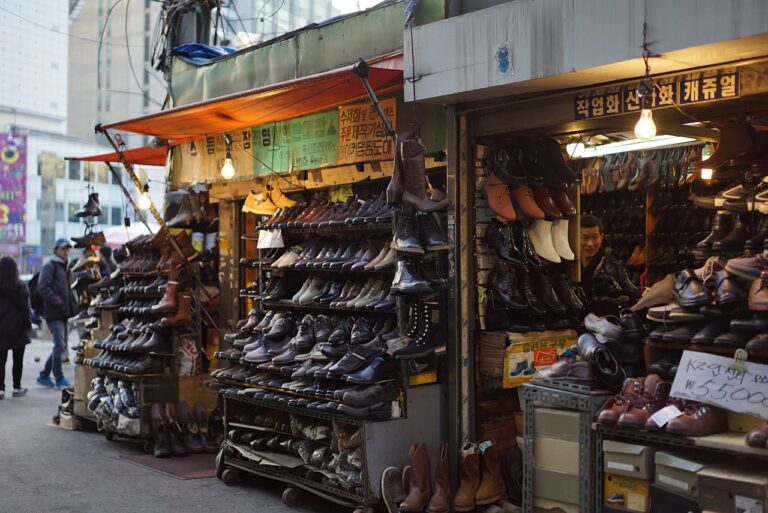The Future of Retail Workforce: Automation, Remote Work, and Gig Economy
Working in the retail industry poses numerous challenges for employees. One common obstacle is dealing with irate customers who may vent their frustrations on frontline workers. Retail workers often have to maintain a high level of patience and professionalism in navigating difficult interactions while striving to provide satisfactory solutions to customer concerns.
In addition to customer-related challenges, retail workers often face unpredictable work schedules that can disrupt their work-life balance. The fluctuating nature of retail demand sometimes results in last-minute schedule changes, leading to difficulties in planning personal activities and commitments. This lack of stability can impact the overall well-being and job satisfaction of retail employees.
Impact of Automation on Retail Jobs
Automation in the retail industry is increasingly becoming a force to be reckoned with. As technology advances at a rapid pace, more and more tasks that were once carried out by human workers are now being automated. From self-checkout machines to inventory management systems, automation has the potential to significantly impact the future of retail jobs.
One of the biggest challenges posed by automation in the retail sector is the potential displacement of human workers. As more tasks become automated, there is a growing fear that jobs traditionally performed by retail workers may become obsolete. This shift in the industry raises concerns about the future employability of retail workers and the need for upskilling and reskilling to adapt to the changing landscape.
The Rise of Remote Work in the Retail Industry
In recent years, the retail industry has witnessed a significant shift towards remote work opportunities for its employees. This trend has been accelerated by advancements in technology and the increasing demand for flexibility in work arrangements. Many retail companies are now embracing the idea of allowing their employees to work remotely, whether it is for customer service roles, marketing positions, or even sales roles.
Remote work in the retail industry offers several benefits, both for employees and employers. For workers, it provides greater flexibility in managing their work-life balance and allows them to work from the comfort of their homes. This flexibility can lead to increased job satisfaction and higher levels of productivity. Employers, on the other hand, can benefit from access to a larger talent pool, reduced overhead costs, and potentially higher retention rates.
What are some of the challenges faced by retail workers?
Some of the challenges faced by retail workers include long hours on their feet, dealing with difficult customers, and low wages.
How is automation impacting retail jobs?
Automation is impacting retail jobs by replacing some tasks that were previously done by humans, such as cashiering and stocking shelves.
How is remote work becoming more prevalent in the retail industry?
Remote work is becoming more prevalent in the retail industry through the rise of online shopping and the need for customer service representatives to work from home.
What are some benefits of remote work in the retail industry?
Some benefits of remote work in the retail industry include increased flexibility for workers, cost savings for companies, and access to a wider pool of talent.
Will remote work completely replace in-store retail jobs?
While remote work is becoming more common in the retail industry, it is unlikely to completely replace in-store retail jobs, as there will always be a need for physical stores and in-person customer interactions.







